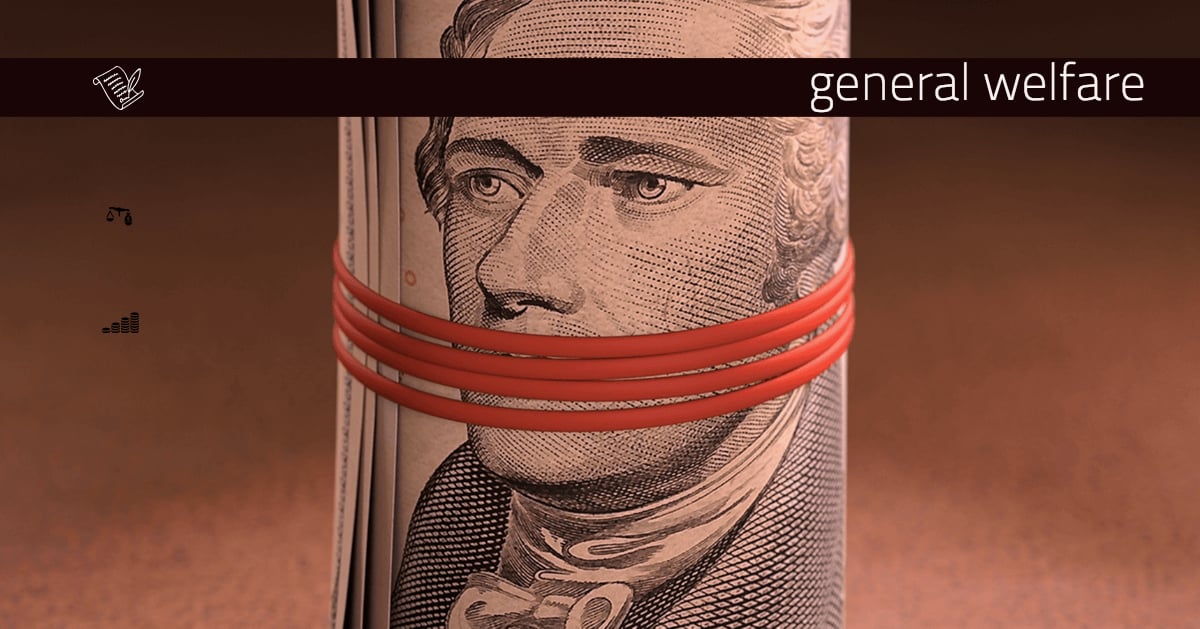Here is someone else who pretty much buzz-kills your joyride.
According to James Madison, “the most important and fundamental question” he ever addressed was the meaning of and relation between the general welfare clause and the enumeration of particular powers. This question is the most “fundamental” because the answer determines the very “idea” or “nature” of the U.S. Constitution. Commentators virtually agree on the answer Madison proposed and defended in
Federalist 41, namely, that the general welfare clause is neither a statement of ends nor a substantive grant of power. It is a mere “synonym” for the enumeration of particular powers, which are limited and wholly define its content. From this answer, it follows that the primary meaning of the national dimension of the federal Constitution is limited government, understood as a government with a limited number of powers or means. The thesis of this essay, however, is that, contrary to the commentators' claims, Madison argued that the clause was a substantive grant of power for the generally stated end and that the primary purpose of the ensuing enumeration was to define more particularly the ends alluded to by the phrase “general welfare.” Hence, the meaning of the general constitutional government in the American federal system is a government oriented to a limited number of limited ends.
Abstract. According to James Madison, “the most important and fundamental question” he ever addressed was the meaning of and relation between the general w

academic.oup.com
Let's see those terrific counter arguments.


